Discover how cellulose may revolutionize flexible electronics, replacing plastics in eco-friendly, sustainable substrates for innovative devices.
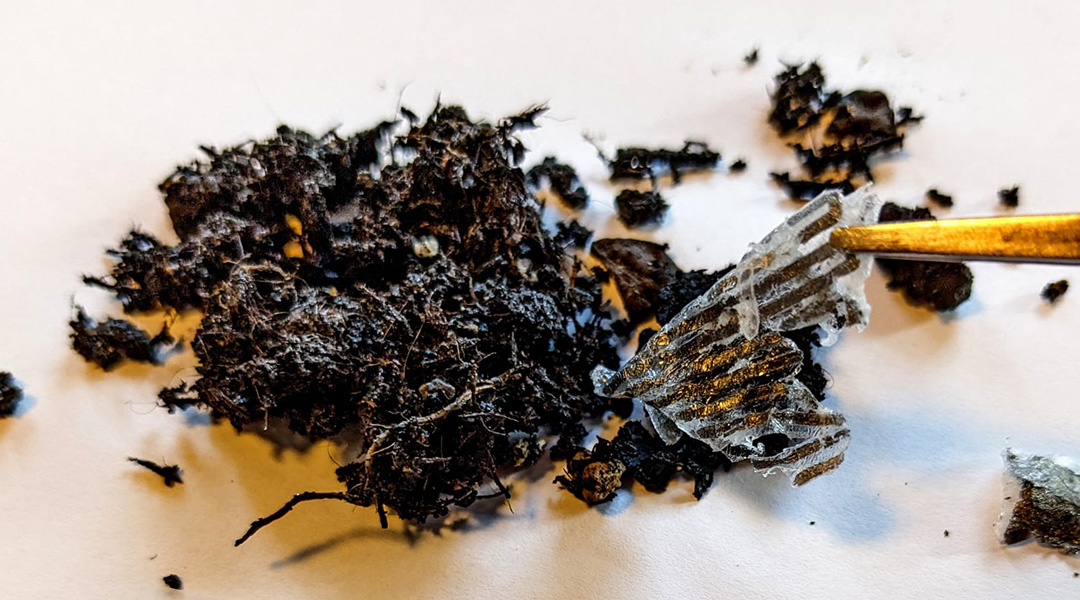

Discover how cellulose may revolutionize flexible electronics, replacing plastics in eco-friendly, sustainable substrates for innovative devices.
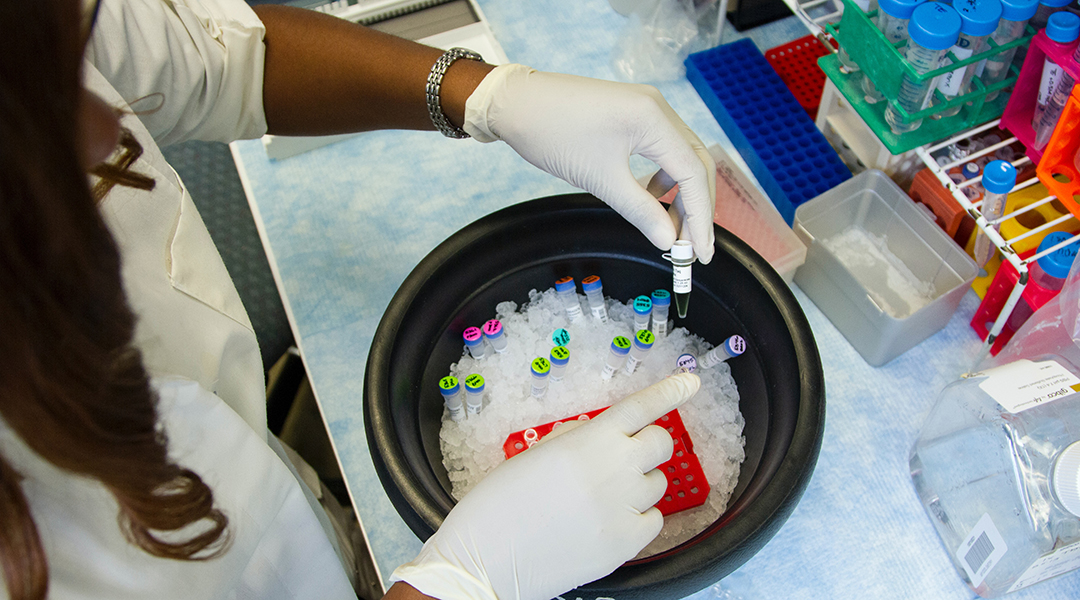
Many biopsies may soon be avoidable with the advent of an accurate biosensor for prostate cancer that detects biomarkers in the blood.
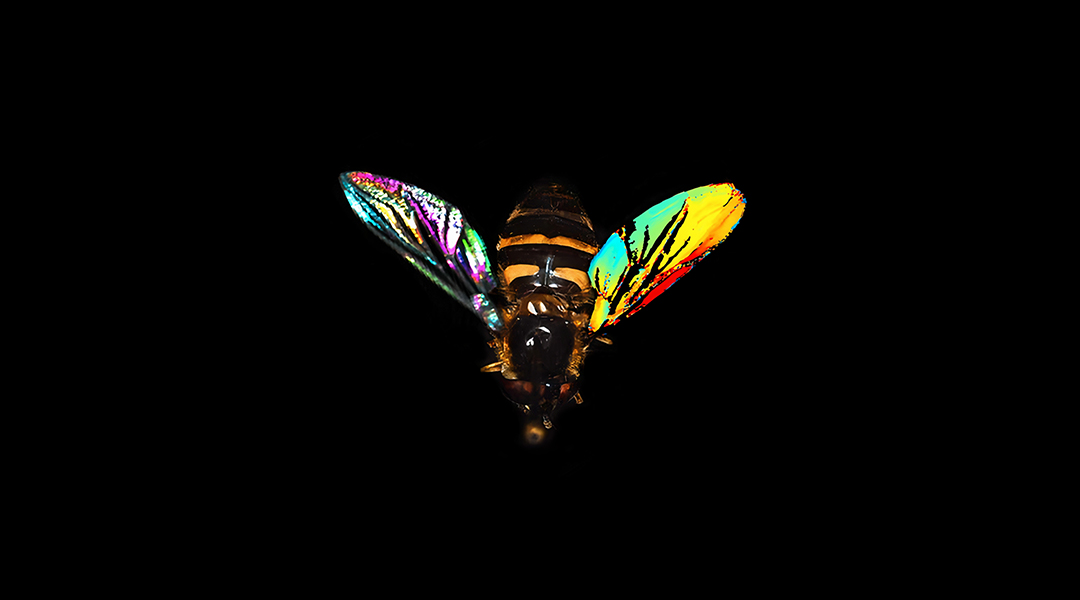
A revolutionary light-based tool decodes hover fly wing spectra in real time, addressing insect surveillance gaps to monitor the unfolding biodiversity crises.
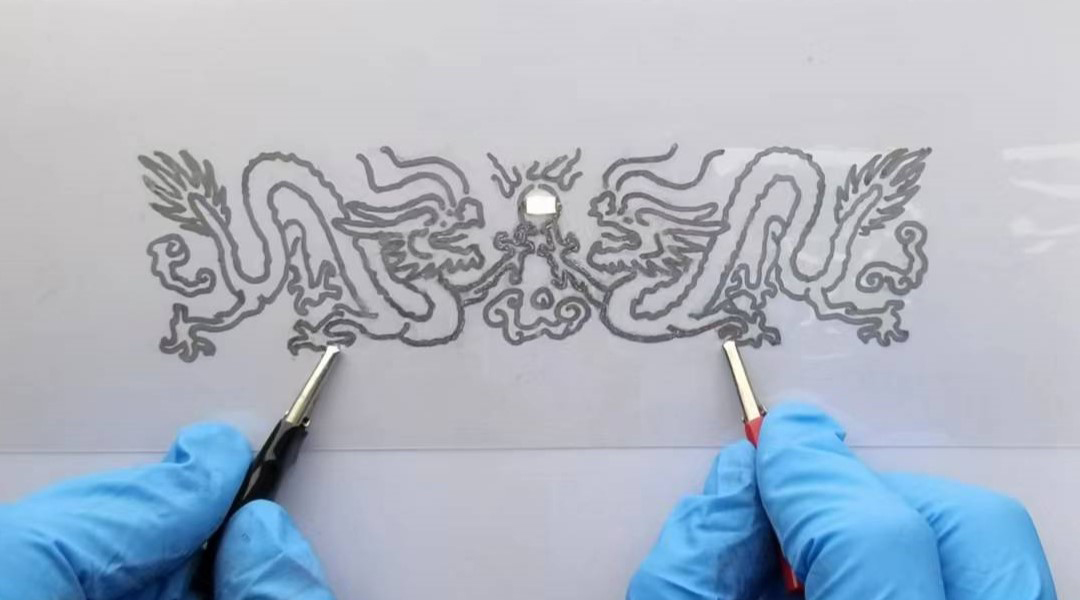
A liquid metal encapsulated within bio-based shells allows researchers to “draw” functioning electronic circuits with ease.
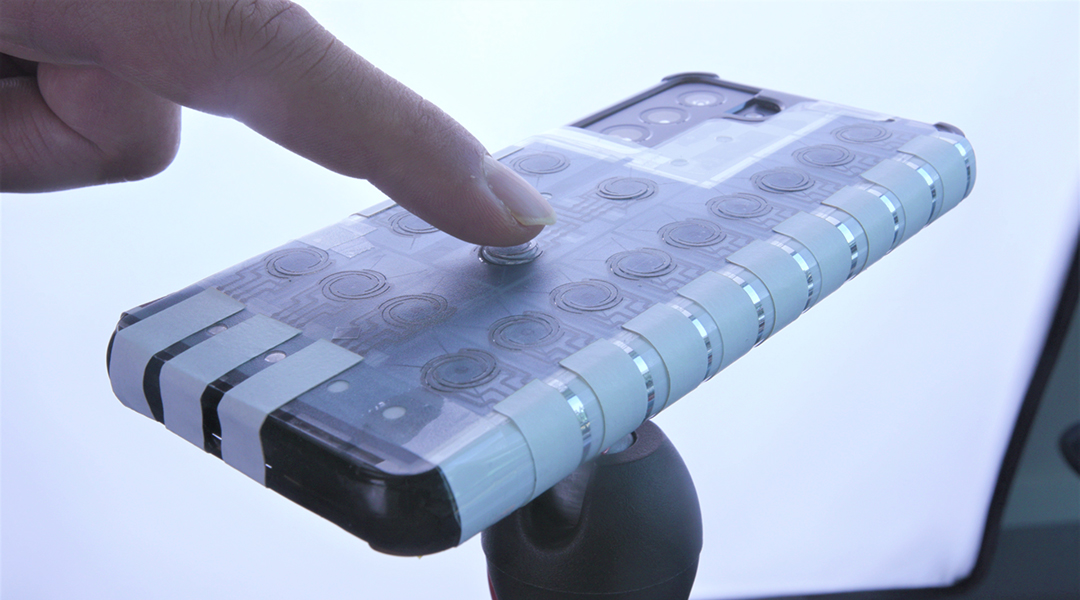
PopTouch blends transparency and touch, bringing traditional tactile buttons to a world of flat screens and smooth surfaces.
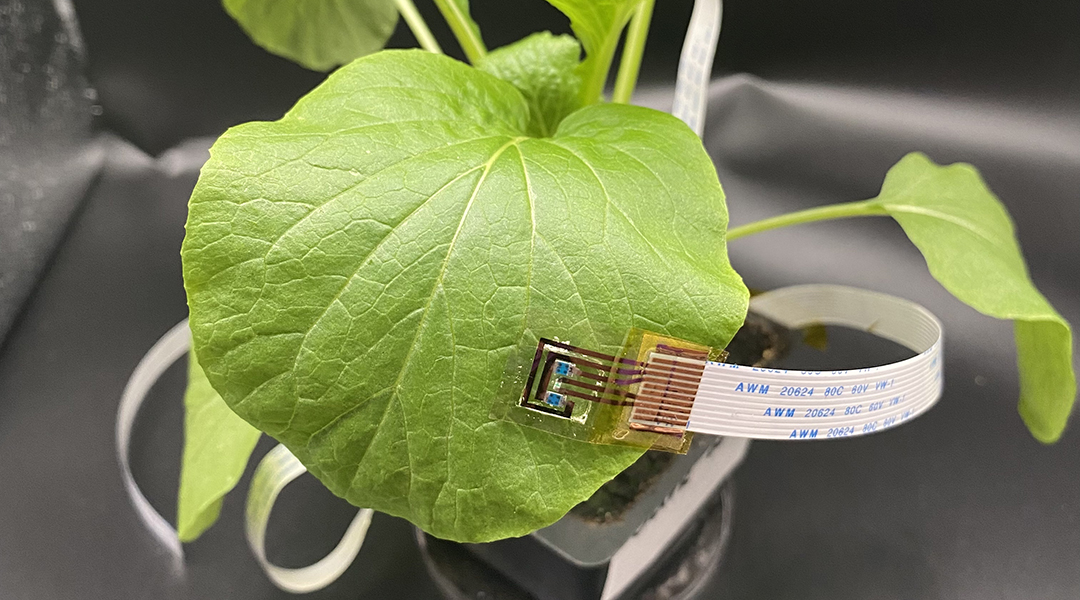
The sensor could improve crop yield by detecting changes in plant chlorophyll levels earlier and more precisely than existing methods.

This nanogenerator built from waste DVDs can generate electricity from gliding droplets of water.

Sleep apnea patients may soon sleep easier thanks to a comfortable, remote wearable device that tracks breathing patterns with the help of AI.
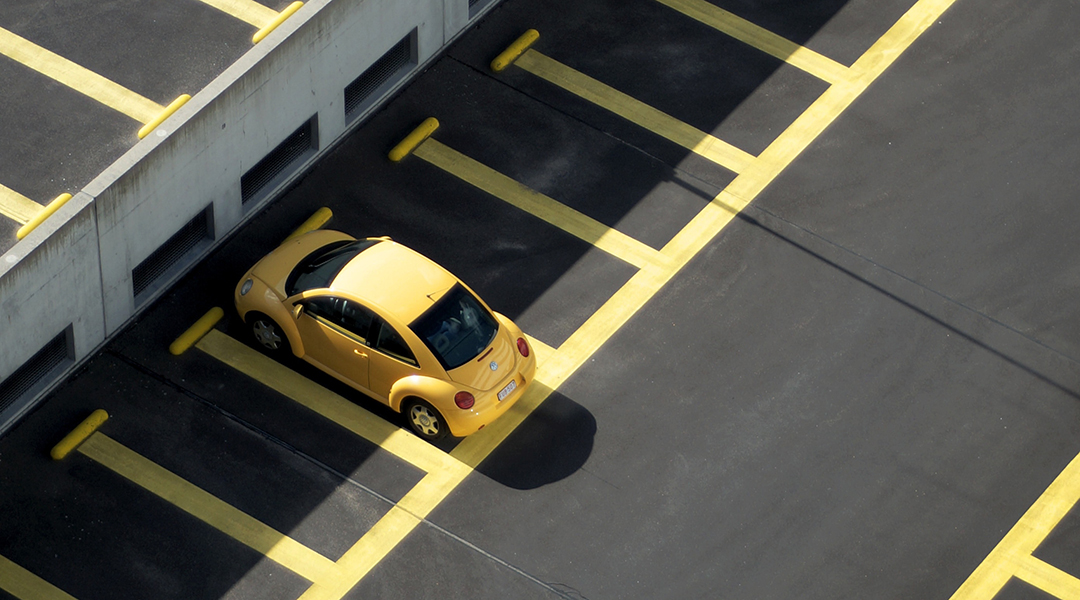
Drawing power from the electrical fields of nearby objects, this nanosensor enhances vehicle safety and slashes energy consumption.
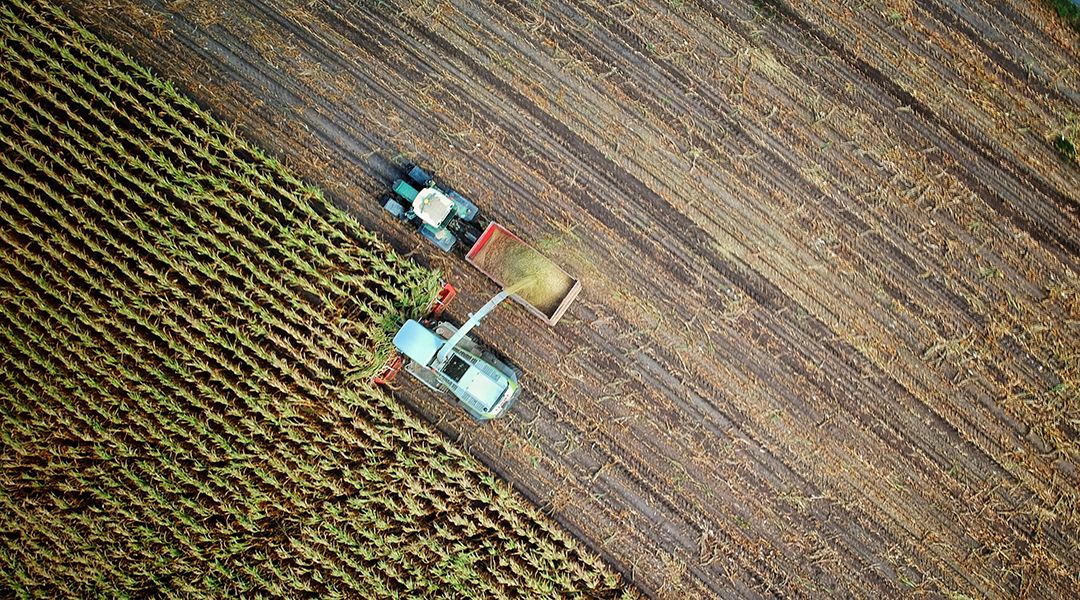
With innovations in biosensors, Internet of Things, and machine learning, a collective effort could offer a way to overcome an impending shortage.